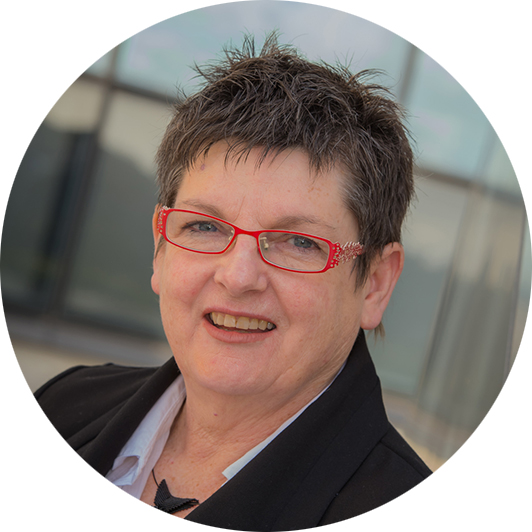Education continually evolves with the society it serves, and it’s the job of educational researchers such as Professor Julianne Moss to ask 'the big questions' about to whom and how it should be delivered.
A former schoolteacher and principal, Prof. Moss has been the Director of Research for Educational Impact (REDI), Deakin’s strategic research centre in education, since its inception in 2016 and is an Alfred Deakin Professor.
Driven by a commitment to social justice
Her work is driven by a commitment to equity and social justice and focuses on areas such as inclusion and exclusion in diverse geographical locations, how educational contexts reflect dominant social norms that don’t always support diverse student needs, and the adoption of new technologies.
'As REDI’s Director I can look back over the history of educational research at Deakin and understand its significant legacy, but importantly, continue to play a key leadership role in answering the big and enduring questions of education,' she says.
'With each moment of social change there is another lens, another set of questions generated that are ripe for the next generation of researchers to take up.'
Prof. Moss has contributed to more than 100 publications that include book chapters, refereed journal articles, reports, professional books and other publications, in a range of international and national peer-review publications and conference proceedings.

